A union is a group of workers, or in this case, renters, who have joined together to form an organisation to protect and further the rights & interests of the members.
ABOUT THE UNION
A GUIDE FOR NEW MEMBERS
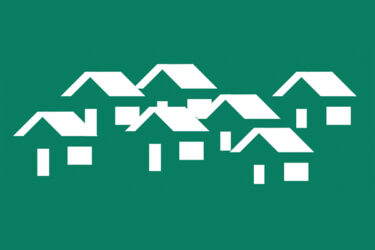
WHAT IS A UNION?
WHAT IS CATU?
It stands for Community Action Tenants’ Union. CATU is an organisation owned by its members who fight alongside each other to win changes in our everyday lives.
WHAT IS A MEMBER?
The C stands for community and the T for tenants – this means we are made up of renters, council tenants, those in precarious or temporary accommodation, etc. Other members are mortage-holders or home owners.
CATU was founded with a concern for some of the greatest issues affecting ordinary people in their communities across the island of Ireland.
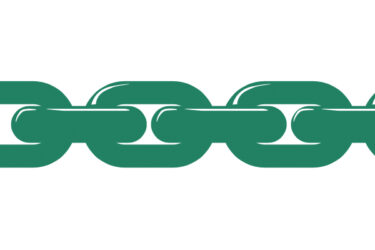
A major problem for many is the housing crisis – high rents, lack of security and rising homelessness. For others, it is the privatisation of our public services, racism and other social issues and discrimination, or lack of funding for the community that hits them hardest.

WHO CAN JOIN?
Anyone can join if they are a tenant or a member of their local community, and so long as they don’t make money off of renting our property, i.e. landlords.
Like a trade union, we encourage people to contribute a small fee per month, no more than an hour’s wages, to become a member.
WHERE DOES THE MONEY GO?
Dues help fund the basic requirements of the union so we can organise. Leaflets, banners, meeting spaces and so on, all cost money. Dues then may also go on hiring staff for the union so we can do more long-term work organising in communities. Becoming a member also shows a greater commitment to the union, lets people know that they are a pat of it and have a voice within it, and tells them that we have their back.
WHAT IS ORGANISING?
People use the term organising in many different ways. By organising we mean reaching out to people where they live, even if we may not know them initially, and getting them to join a disciplined, structured organisation, so we can use our strength as tenants and working-class communities.
Union organising differs from other models of artist or political party organising. We are seeking to recruit from the entire community, especially if they are not already politically active in the traditional sense.
We’re not outnumbered, we’re out-organised!
ORGANISING
Creating a structured and disciplined union where members work together to collectively better their situation.
Organising is the less obvious, behind the scenes work necessary so that when we do pick a fight we have the resources to win.
MOBILISING
Bringing out people who already support us onto the street as a show of strength.
ADVOCACY
Bringing out people who already support us onto the street as a show of strength.
A legalistic process by which social change is affected through public support of an idea, ultimately leading to a change in legislation or policy, usually done on others behalf.
DIRECT ACTION
When we organise, our primary goal is towards taking direct action. But what is that?
As a union we believe our main strength is numbers and the best way we can use that strength is by directly targeting those people who can give in to our demands.
It is about making concrete, achievable demands from people who can grant them.
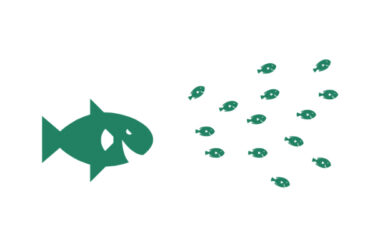
Examples of direct action could be doorstepping a landlord or letting agent, disrupting council meetings, or a work stoppage or rent strike. It can involve using power in numbers such as marching on a landlord, or our power because of our economic position such as refusing to pay rent.
A large part of taking action is encouraging affected members to stand up for themselves with union backing. We should always go into an action knowing what exactly we want to achieve from it, and how we can determine if it was a success or a failure.
Direction action does not seek to lobby politicians, get candidates elected, or only raise awareness – it is about making concrete, achievable demands from people who can grant them.
It can involve using our power in numbers such as marching on a landlord, or our power because of our economic position such a refusing to pay rent. A landlord can pay for an expensive solicitor but they can’t mobilise local members and fight like we can!
It should also be public-facing and collective – the more numbers we can use the better – sending emails for example is not a direct action.
Actions should always escalate or carry the threat of apparent escalation until our demands are given into. We want to make our targeted scared – financially, by reputation, etc., so they are more inclined to give us our way. Always make wins public (with consent of the member affected if its a defence issue) – this demonstrates the power in a union.
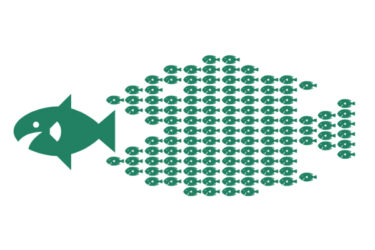
Action is a recruitment tool – think about what leaves the union in a stronger place after the action than before – snappier tactics can build excitement and not leave us tired & burnt out.
CATU believes that it is winning on concrete issues that can demonstrate the power of collective action. It is building through empowering tenants and communities, building our confidence and raising expectations, that we can more effectively use the leverage we have as ordinary people to bring about wider systematic change.
STRUCTURE OF CATU
CATU aims to be led by its members. As of this explainer we have many local groups across the island with many more to come.
Each local group has autonomy over its identity, the main issues it wants to tackle, and how it manages itself, so long as it abides by the general ethos of the union – an inclusive and progressive approach to issues, an organising focused model, and democratic accountability.
CATU currently has a national officer committee, and a voluntary board, made up of the group of people who helped found the union.
This is what assists to coordinate and establish local groups and the general organising of the union.
This committee and board is currently provisional and roles will be replaced or re-elected from the general membership at the first Annual General Meeting of the union which is aimed to be early every year. Further AGMs will also decide who takes these positions.
CATU ORGANISATIONAL STRUCTURE

ORGANISE
CATU sees itself as standing in a long tradition of action undertaken by organised working-class communities on this island. Our vision is of a large organisation with deep roots in every community that has the power to transform our society into one that works for ordinary people.
We’re only going to be able to do that if we get out and organise. Talk to your friends, neighbours, strangers in your area and fight like hell for each other.
It may seem a difficult task, but real power lies with us……..
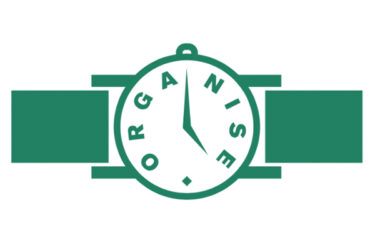
GLOSSARY
the union is a membership-based organisation, founded on principles of solidarity, democracy, and long-term organising. CATU is technically registered as a Company Ltd, by Guarantee under the companies act but functions like a workplace union.
the union is a membership-based organisation, founded on principles of solidarity, democracy, and long-term organising. CATU is technically registered as a Company Ltd, by Guarantee under the companies act but functions like a workplace union.
the behind the scenes work needed to grow and strengthen the union. The basics of going out and recruiting, and defending our members from harm.
the principle that we look out for each other and act when members are treated unfairly.
a series of escalating actions taken against a target for the achievement of a specific goal (e.g. getting the council to install public toilets, demanding a letting agent doesn’t evict, taking bins back into public ownership).
public-facing, collective action that asks for specific, winnable demands from people that can grant them.
an area can launch a local group when it has reached between 15 – 20 members. We consider an area to be a neighbourhood or a town with a population of several thousand and a strong sense of local identity. When a local group launches, it elects a committee (a core group of people to administer and grow the union in that area) and decides on an initial campaign around community or tenancy issues to give it focus for the first few months.
a branch is aimed to be when a local group has reached 80 members. At this point we consider it more representative of the area and rooted in the community.
dues are the small, monthly subscription fee we ask members to contribute the equivalent of an hours’ wage for. Like mentioned above, they are used to fund the basics of the union and potentially hire staff to carry out further long-term work. They also establish greater ownership and commitment of members. The lowest dues rate online is €5 but we encourage for those who wish to sign up but find this a barrier (for instance if they don’t have a bank account, find the fiver too steep, or struggle to use the internet).
an Annual General Meeting, held every 12 – 15 months and advertised in advance for the general membership. Elects the national officer committee, the union’s corporate board, and develops policies and general stances of the organisation.


